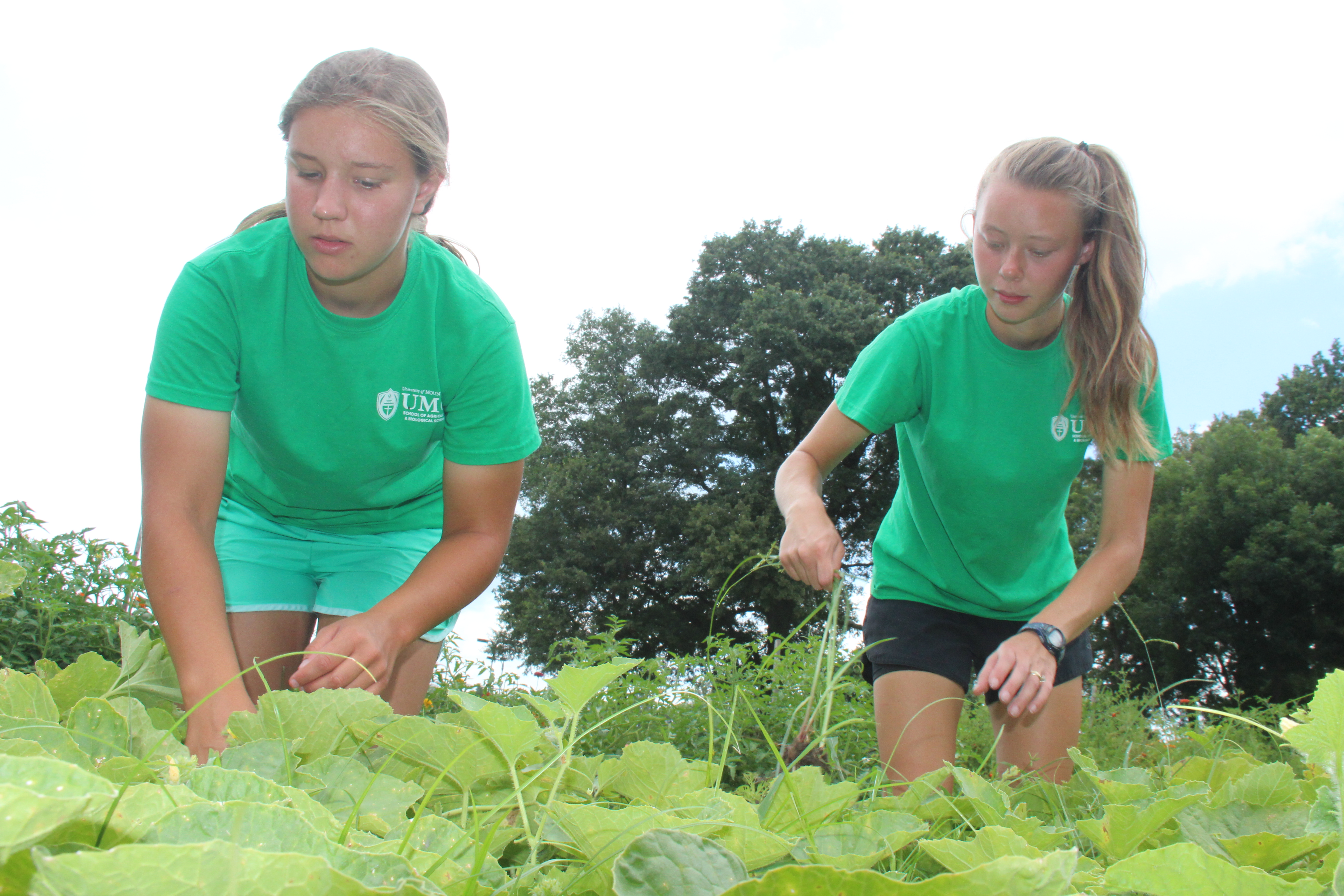Article submitted by Dr. Jason Davis, University of Mount Olive Assistant Dean School of Agriculture and Biological Sciences
At this point in the growing season, if you are not familiar with weeds, you may soon be. As the motivational quote by an unknown author states, “Weeds don’t need any encouragement to grow.” Weeds do not need fertilizer, rain, or any help, they just grow, often in surprising circumstances. Small weeds are not far from being big weeds later on. During dry periods like we have experienced, small weeds can easily be overlooked. Rest assured they are just waiting for the rains to return before they continue their ultimate mission, taking over your plant beds.
A weed by definition is any plant growing where it is not wanted. Theoretically, a weed can be a commonly cultivated flower growing in the middle of your vegetable beds, but we typically think of those more common weeds that aren’t wanted in lawns, vegetable gardens, flower beds, or anywhere else. Weeds are not desired because they are detrimental to your garden. Weeds rob water and nutrients from your plants. Some weeds are so vigorous in their growth habits they can even choke and shade your plants out! At this point in the season there are a few options available to you to combat these pesky weeds in your garden.
Natural Method- Mulch and some Hand Weeding
One of the easiest ways to prevent weeds is to use mulch. There are individuals who use plastic and woven fabrics to cover beds, but I prefer a good natural mulch because of the aesthetics of it, it provides organic matter for the soil, retains moisture, and cools the soil. A good mulch should be at least 2-3” deep to prevent weeds. Periodic scouting of your garden beds can help you identify weeds to remove before they become a larger problem. Typically, people use what they have available for mulch. If you use pine straw, remember that pine trees are very acidic and this will affect the growing environment for your plants. Unless you have blueberries that love the acidity, I would recommend wheat straw or composted leaf mulch
Herbicides
Herbicides are a type of pesticide that are designed to kill specific plants. I would not be one to offer pesticides as the first solution to an issue, but in certain instances, they are a necessary tool. There are many herbicides on the market to target specific weeds. Please be sure to read and follow all of the directions and precautions on the label to ensure that the particular herbicide is right for you and will control the weeds that are in your garden, without harming your desired plants. Some herbicides have pre-harvest intervals, so if you are growing fruits or vegetables, pay special attention to the label requirement for how many days you must wait after spraying before harvesting food crops.
The good news is that as you begin to weed your garden and reduce the amount of weed seeds in the area, your garden maintenance will get easier. As with many other tasks, developing a daily or weekly weeding routine will help to minimize the weeds in your garden and will remove them
before they get larger and cause damage. Just keep in mind that you will soon enjoy the bountiful harvest of fruits, vegetables, blooms, and the beautiful views that your garden has to offer for some motivation!


